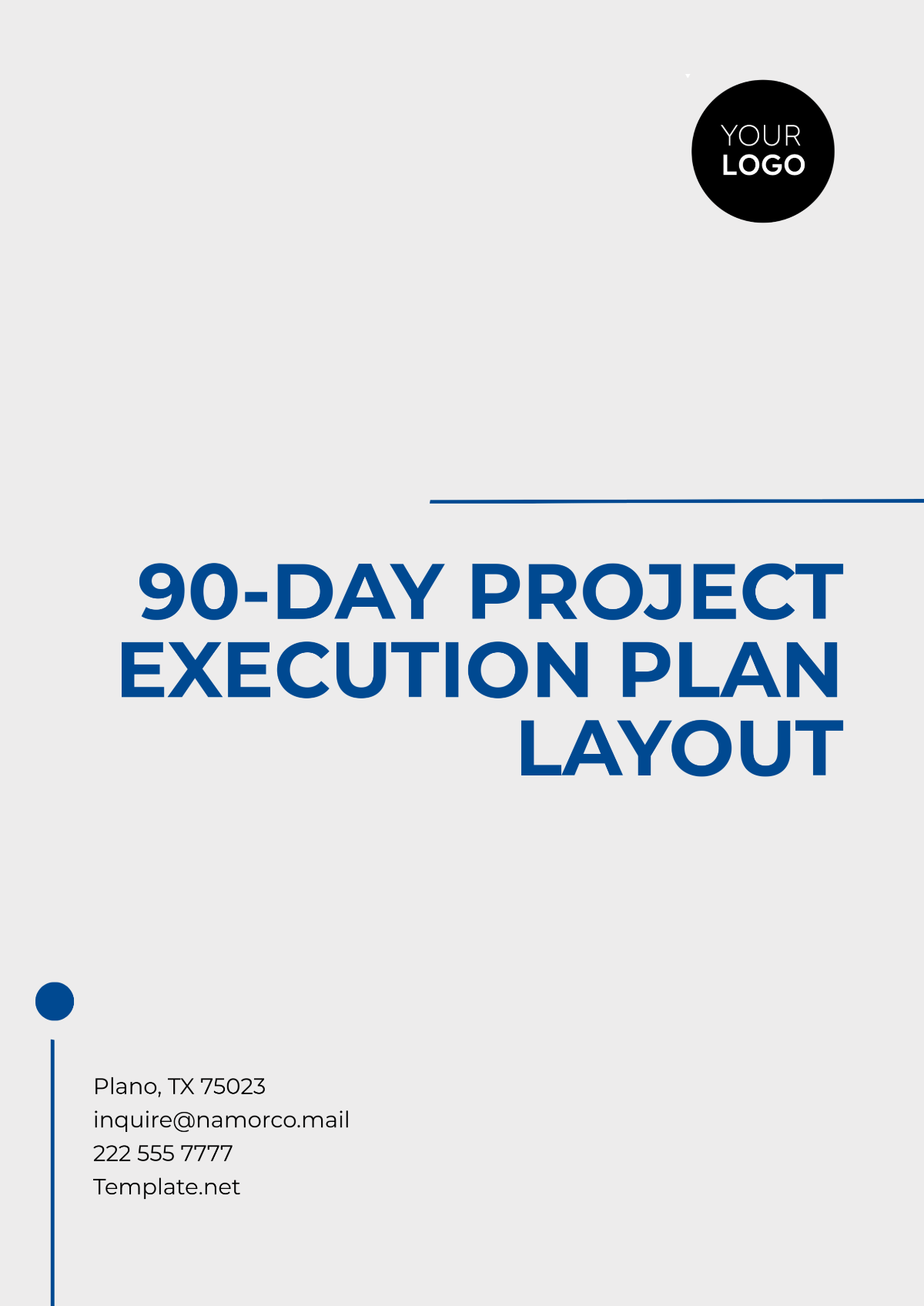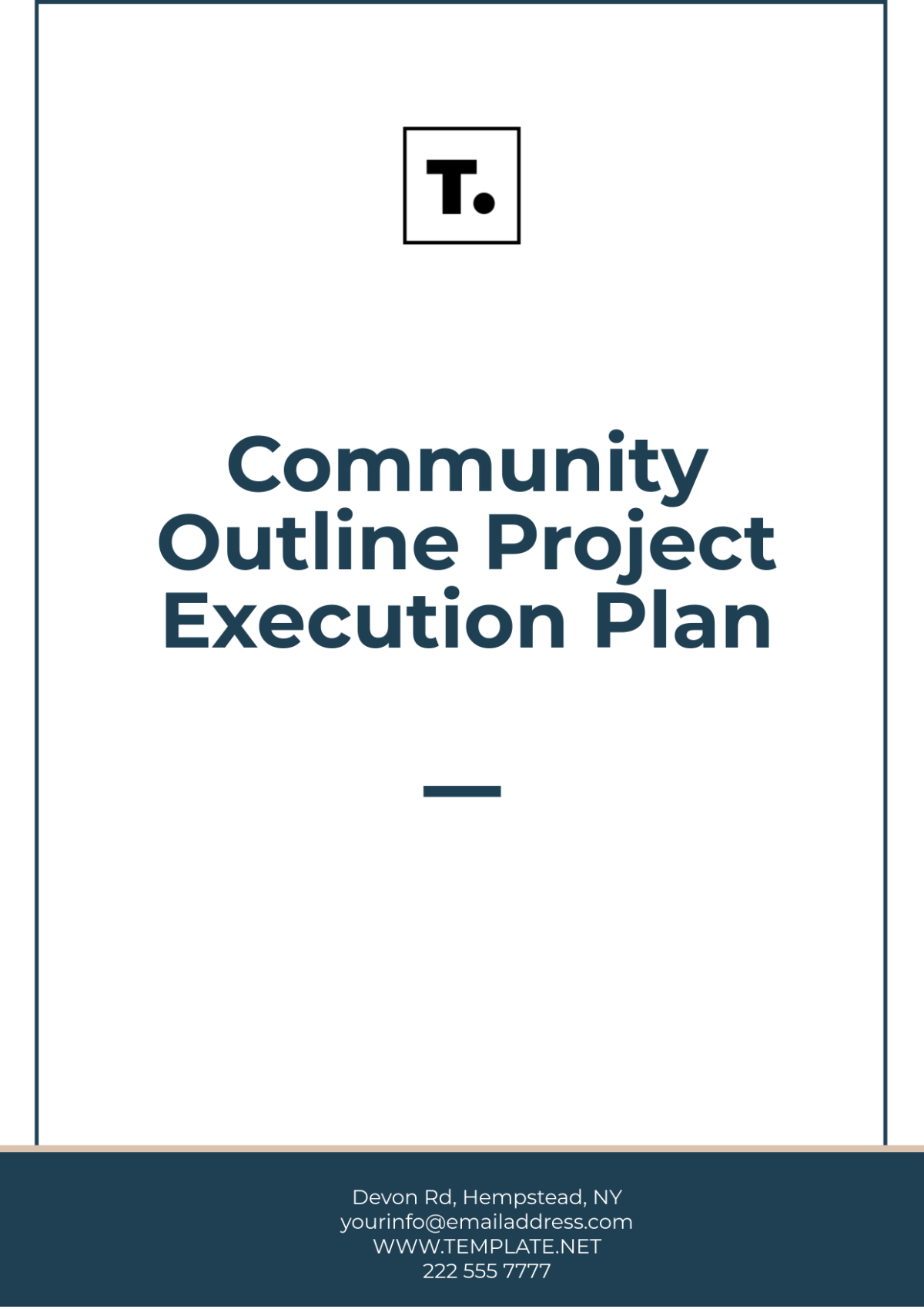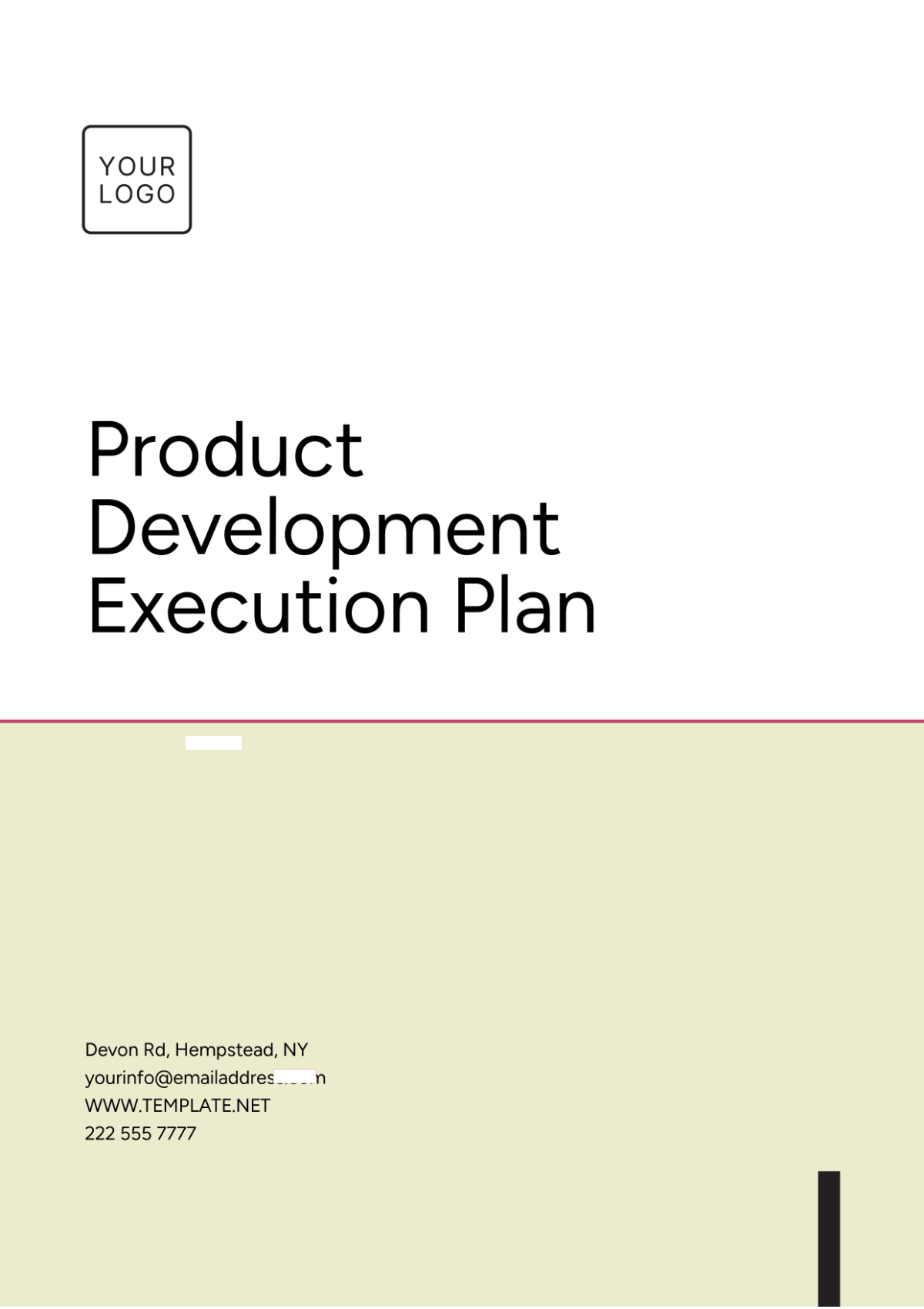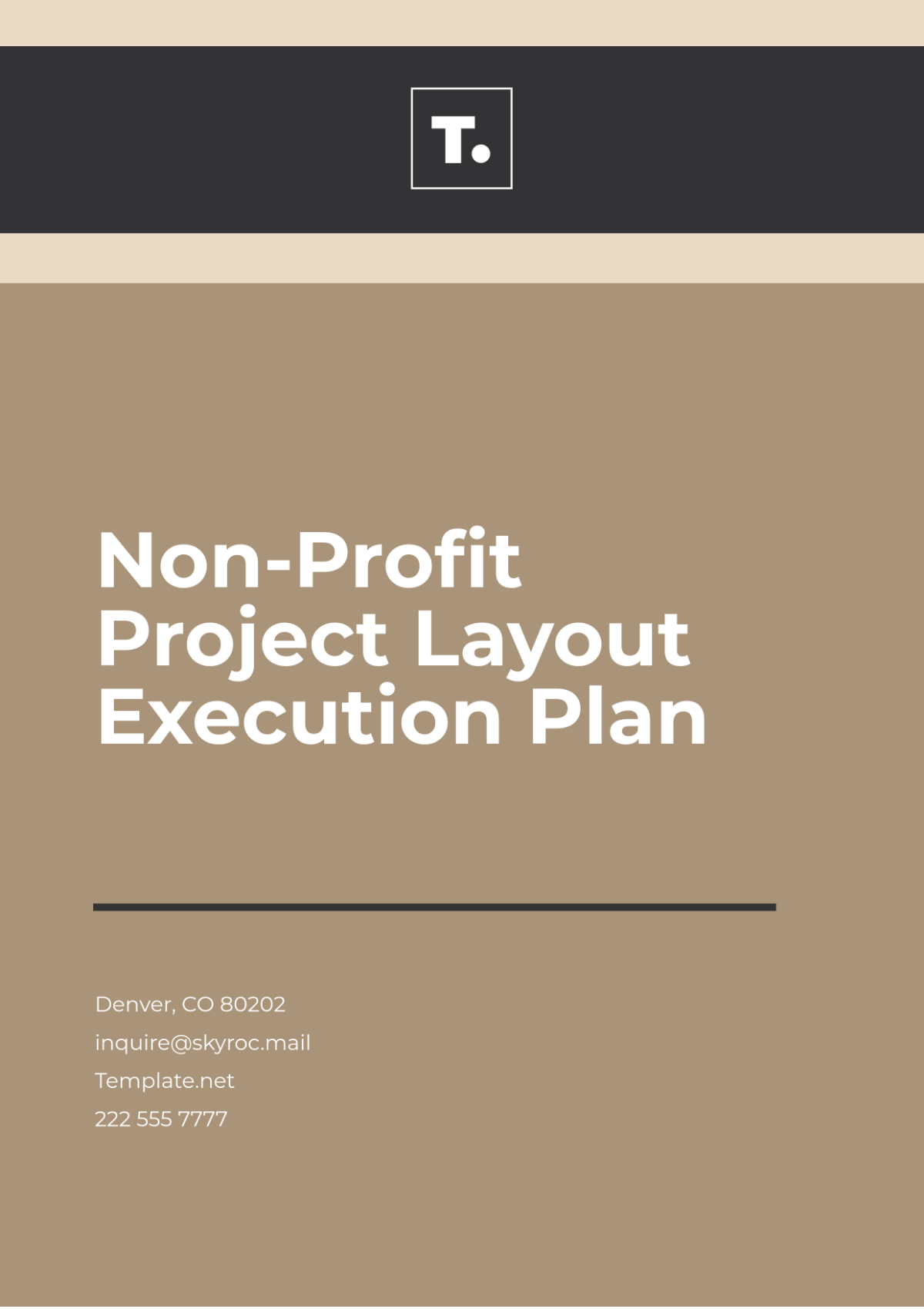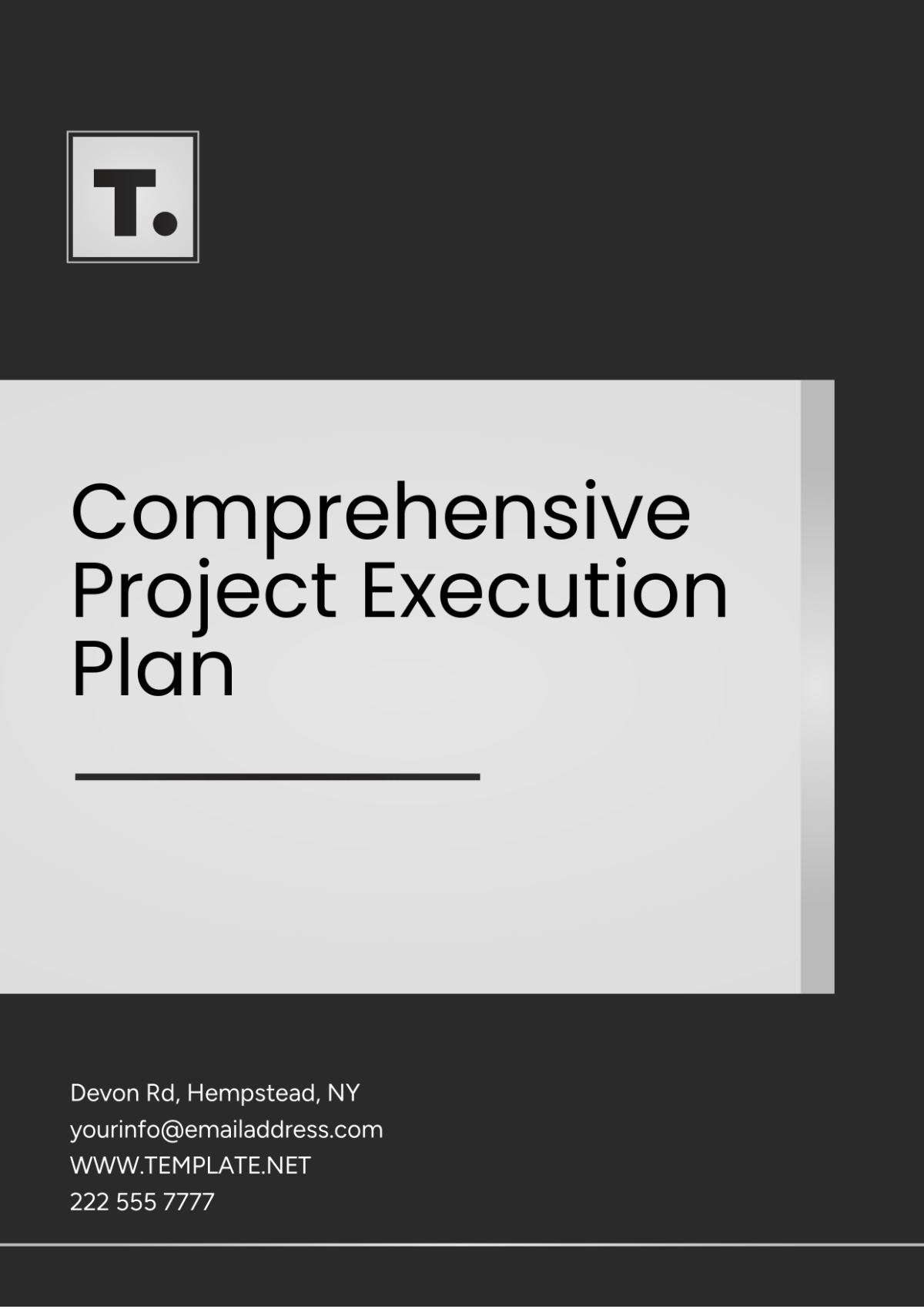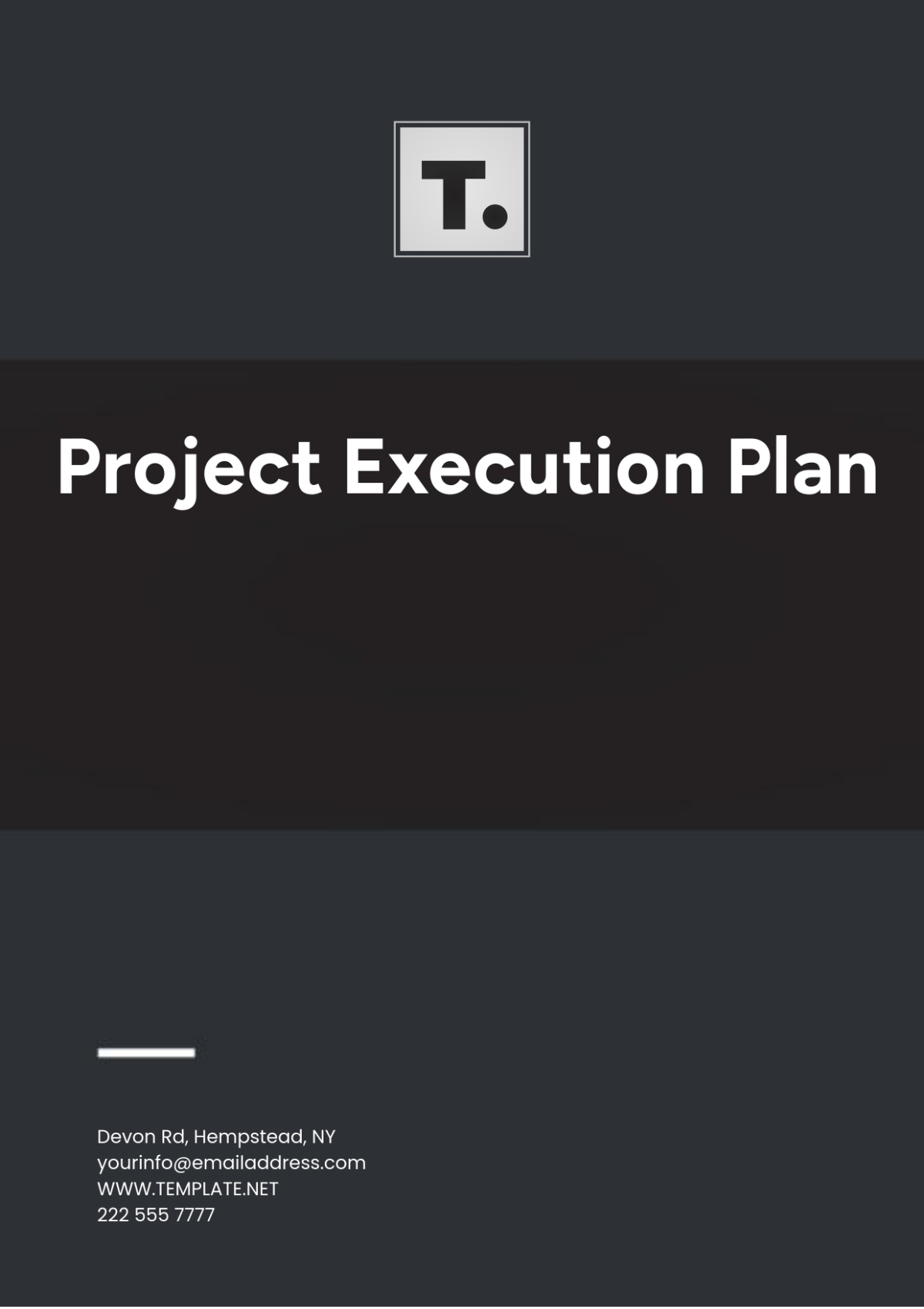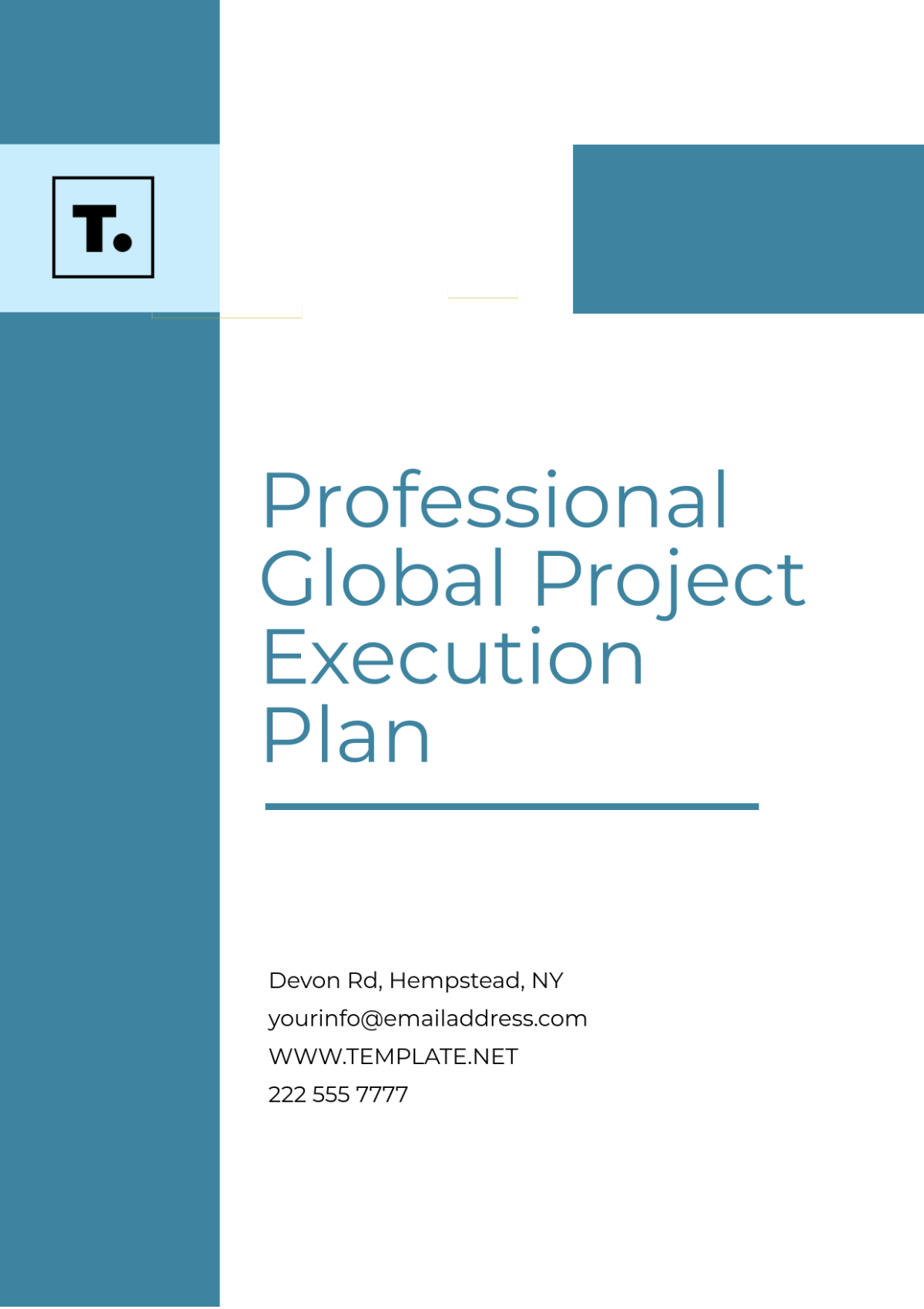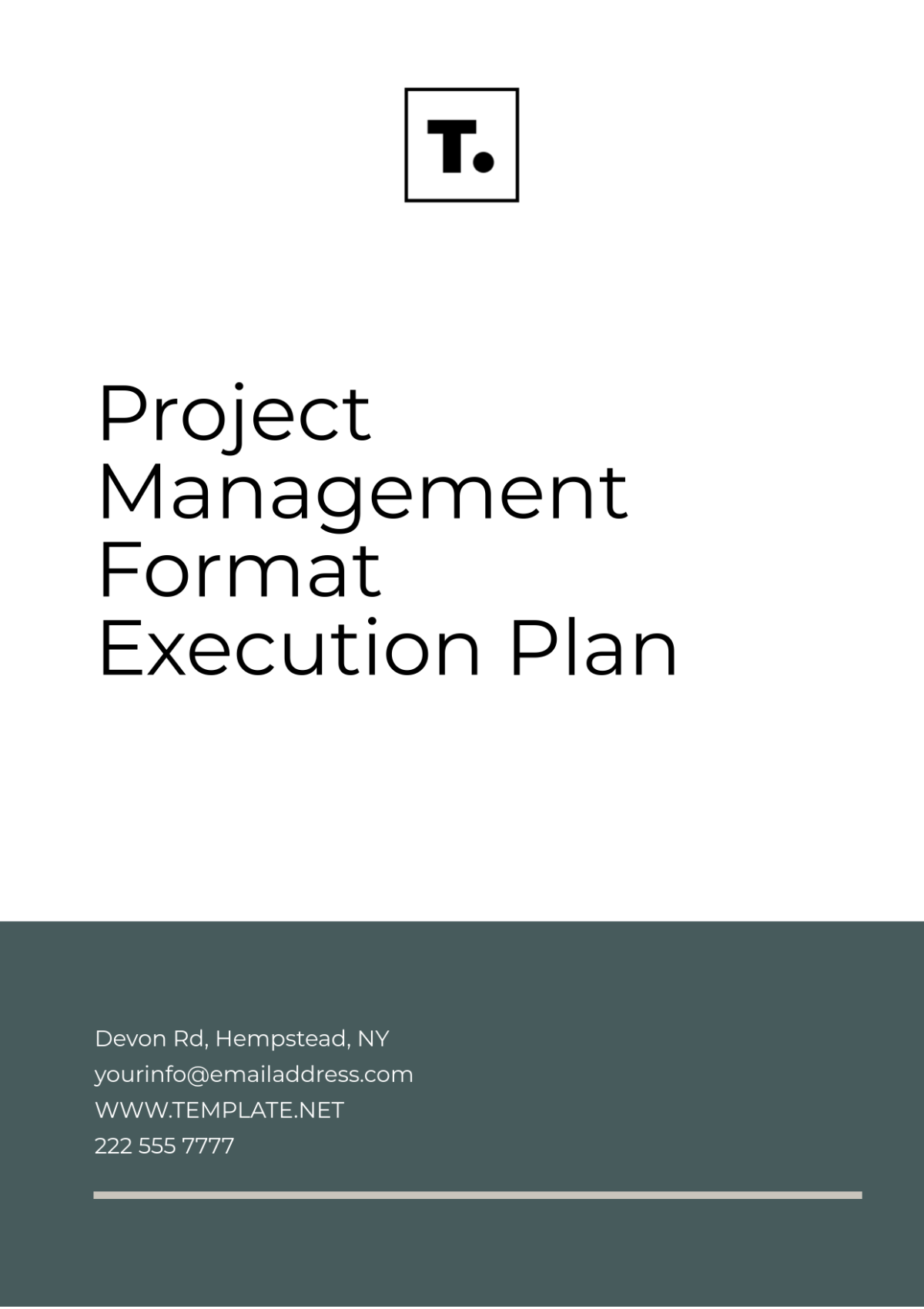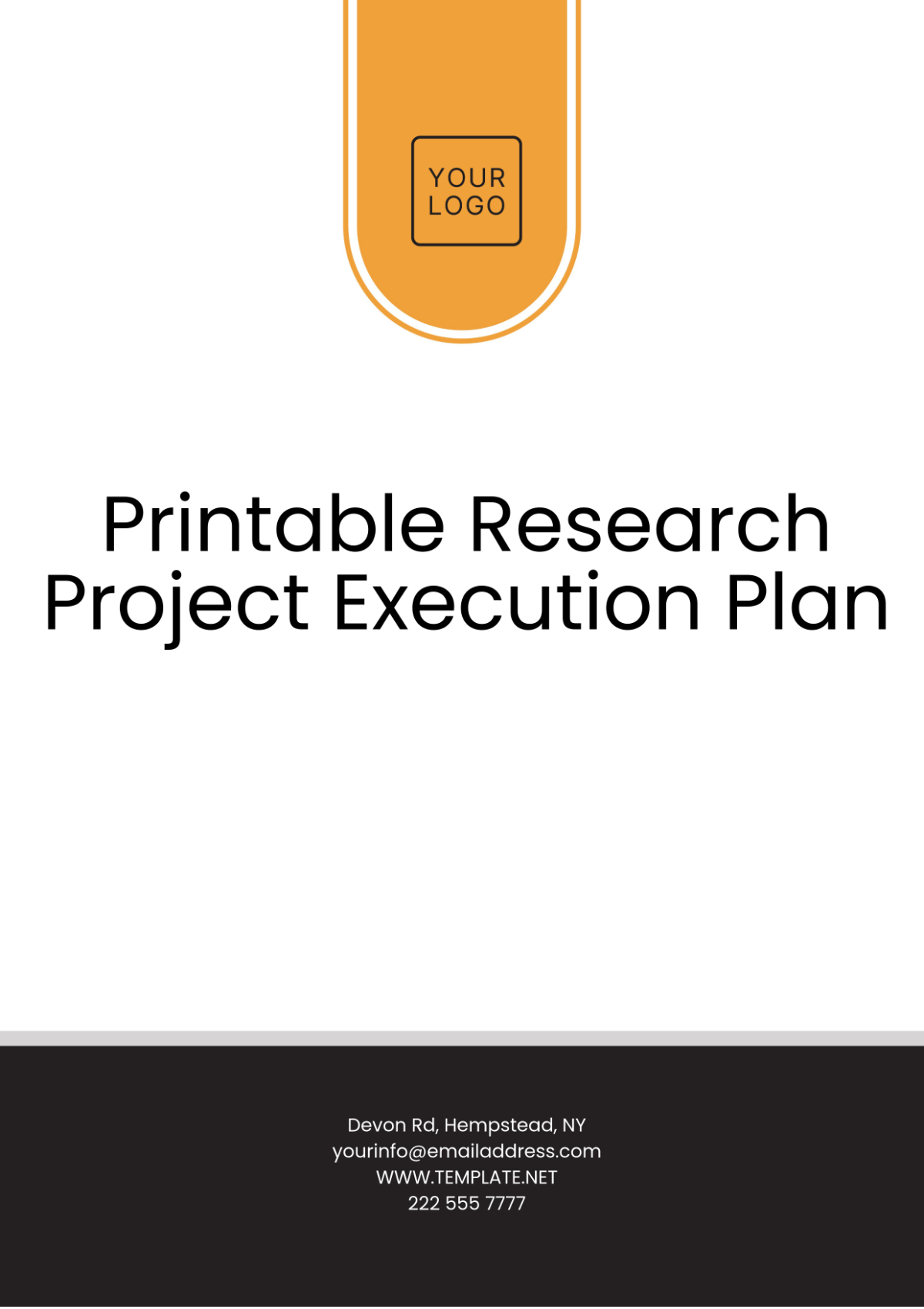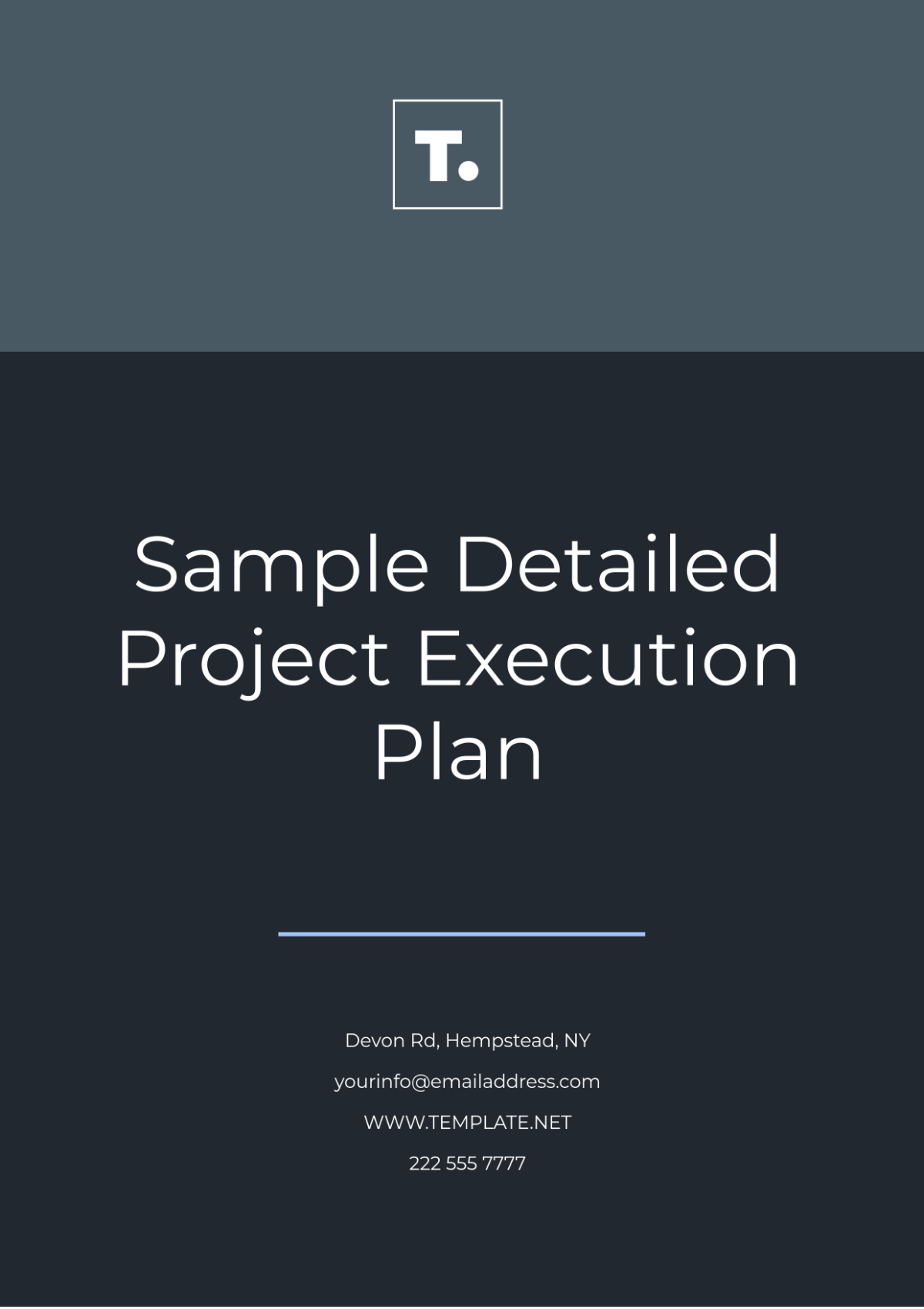Sample Detailed Project Execution Plan
Project Title: Implementation of a New Customer Relationship Management (CRM) System
Project Manager: [Your Name]
Project Start Date: November 1, 2050
Project End Date: April 30, 2051
Version: 1.0
Date: October 24, 2050
1. Project Overview
Project Purpose:
The purpose of this project is to implement a new CRM system to enhance the company's customer engagement processes, provide comprehensive data analytics, and streamline communication between the sales, marketing, and support teams.
Project Objectives:
Select and purchase a CRM platform that integrates with existing systems.
Successfully migrate all historical customer data into the new CRM.
Train 150 employees across various departments in CRM usage.
Achieve a system live by April 2050 with no major service disruptions.
2. Scope of Work
In-Scope:
Selection of CRM software.
Migration of customer data from an existing database (500,000+ records).
Training for sales, marketing, and customer support teams (total of 150 users).
Customization of CRM dashboards and workflows based on department needs.
Integration with the current email and ERP systems.
User acceptance testing (UAT).
Out-of-Scope:
Development of custom CRM functionalities outside the standard vendor offerings.
Integration with third-party social media platforms.
Modification of any legacy sales and marketing business processes.
3. Project Schedule
Milestones
Milestone | Start Date | End Date |
|---|---|---|
Requirements Gathering | November 1, 2050 | November 15, 2050 |
Vendor Selection & Contract Signing | November 16, 2050 | December 15, 2050 |
Data Migration Plan Development | December 16, 2050 | January 10, 2051 |
Data Migration Execution | January 11, 2051 | February 28, 2051 |
CRM Customization & Integration | March 1, 2051 | March 20, 2051 |
User Training | March 21, 2051 | April 10, 2051 |
Go-Live & Support Phase | April 15, 2051 | April 30, 2051 |
4. Resource Plan
Project Team:
Project Manager: [Your Name]
Business Analyst: Sarah Smith
IT Lead: Michael Johnson
CRM Consultant: Jane Brown
Training Coordinator: Emily Clark
Stakeholders:
Sales Department Lead (Stakeholder): Mark Taylor
Marketing Department Lead (Stakeholder): Alice Williams
Customer Support Lead (Stakeholder): David Rodriguez
IT Department Head (Stakeholder): Lucy Parker
5. Risk Management
Identified Risks:
Risk 1: Staff resistance to adopting the new CRM system.
Likelihood: Medium
Impact: High
Mitigation: Develop and deliver change management training focused on the benefits of the CRM for daily tasks.
Risk 2: Data loss or corruption during migration.
Likelihood: Low
Impact: High
Mitigation: Conduct a comprehensive data backup before migration and validate data integrity through sample testing.
Risk 3: Delays in CRM customization or integration.
Likelihood: Medium
Impact: Medium
Mitigation: Establish a dedicated task force to handle integration and closely coordinate with the vendor to avoid delays.
6. Quality Management Plan
Quality Objectives:
Ensure that the CRM system meets all functional and non-functional requirements.
Ensure 100% of staff receive adequate training and are proficient with the system.
Achieve seamless integration with existing systems (email, ERP) without data loss.
Quality Assurance Activities:
Conduct regular system testing during data migration and integration.
Perform user acceptance testing (UAT) with key stakeholders.
Collect feedback from users post-training to identify areas for improvement.
7. Communication Plan
Communication Channels:
Weekly project team meetings (via Microsoft Teams).
Bi-weekly status updates to stakeholders via email.
Monthly progress reports to senior management.
A project dashboard hosted on the internal company portal for real-time updates.
Reporting:
Status reports will be shared every two weeks with all stakeholders, highlighting progress, risks, and next steps.
8. Budget Plan
Category | Estimated Cost (USD) |
|---|---|
CRM Software Licensing | $50,000 |
Data Migration Services | $20,000 |
Customization & Integration | $15,000 |
User Training | $10,000 |
Contingency Fund | $10,000 |
Total Estimated Budget | $105,000 |
Budget Management:
Expenditures will be monitored weekly, and variances from the budget will be addressed with the finance team and reported to stakeholders.
9. Implementation Strategy
Implementation Phases:
Preparation (Nov 1 – Dec 15, 2050):
Identify requirements, select CRM vendors, and sign contracts.Data Migration & Customization (Dec 16, 2050 – Feb 28, 2051):
Execute data migration from the legacy system. Customize the CRM system as per the needs of the marketing, sales, and support teams.Training (Mar 21, 2051 – Apr 10, 2051):
Conduct in-depth user training for 150 employees with personalized sessions per department.Go-Live (Apr 15, 2051):
Final system checks and transition to full operation with a support team on standby.
10. Review and Evaluation
Post-Implementation Review:
A review meeting will be held on May 10, 2051, with all key stakeholders to assess the project’s success and gather feedback on system performance. During the first month of operations, user satisfaction and system performance will be continuously monitored.
Approval and Signatures

Prepared By:
[Your Name]
Project Manager
October 24, 2050

Approved By:
Mark Taylor
Sales Department Lead
October 25, 2050
